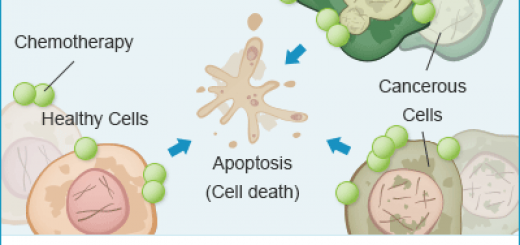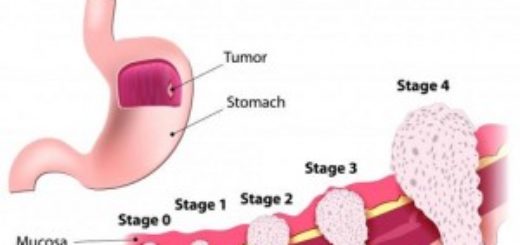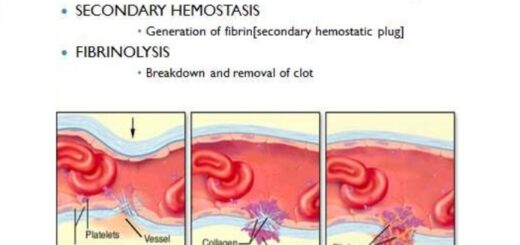Hormone therapy, Symptoms, Diagnosis and Treatment of Kidney cancer
Symptoms of Kidney cancer
Most kidney cancers grow, and they do not cause any pain or discomfort, Some of the kidney cancers are discovered before they begin to cause the symptoms such as when the person has a CT scan of the abdomen for another reason, The renal cell carcinoma can cause a variety of symptoms which seem unrelated to the kidney.
The renal cell carcinoma can spread into the nearby veins, It causes the congestion or blockages within the veins, This tumor can make too much of one or more hormones, The symptoms can result from the tumor itself, from the vein blockage or from the effect of hormones.
The symptoms of the kidney cancer include the blood in the urine, The abdominal pain, a lump in the abdomen, the fatigue, The weight loss, The unexplained fever, The enlarged lymph nodes, and the enlarged veins in the scrotum (in males).
The symptoms of the kidney cancer include also high blood pressure which is not easily controlled, The trouble breathing or the leg pain (due to the blood clots), The swollen abdomen (due to the excess fluid), and the bones which break easily.
Diagnosis
Because the person with the kidney cancer may not have any symptoms, The disease may be identified by accident, x-rays are taken to evaluate the different health problem may show the kidney tumor, The kidney cancer is often found after the patient reports the symptoms to the doctor and then has tests to determine what’s wrong.
The abnormal laboratory tests such as the blood and the urine tests can be the first clue which the someone has the kidney cancer, Some abnormal findings are caused by cancer’s hormonal or the chemical effects on the body.
The abnormal findings might include the anemia (a low number of the red blood cells), The high number of the red blood cells, The abnormal liver function (usually due to the blocked or the congested vein), The abnormal calcium level in the blood , The abnormal kidney function, The blood in the urine, and the fever.
Treatment
The treatment is determined by the type of cancer and how far it has spread (its stage), Your age, the general health, and the personal preferences may also affect your treatment choice, The main treatments for the kidney cancer are the surgery, the biological therapy, and the radiation therapy.
The patients with very small kidney cancers may opt to wait on the treatment, Repeat scans are performed periodically, The surgery can be performed or other therapy started if the tumor starts to grow, The surgery is the most important treatment for the kidney cancer, The chances of surviving without it are poor, The chances of a cure go down if the disease has spread.
If cancer has spread, The surgery can still help, If the surgeon removes most of the tumor, your immune system and the medical treatments will have less cancer to fight, During the radical nephrectomy, The surgeon removes the entire kidney, During the partial nephrectomy, The surgeon removes the kidney part that contains the tumor only, and some cancer cells may be left behind.
Depending on cancer, your surgeon can use the camera-guided procedure known as the laparoscopy, (It may be called minimally invasive surgery), There is another potential option may be the robotic surgery that can be performed through the smaller incisions.




